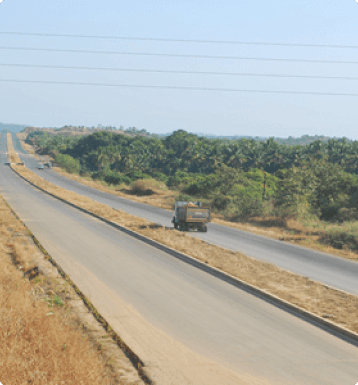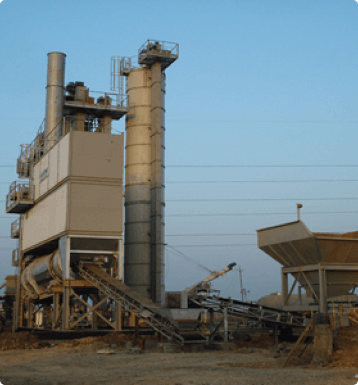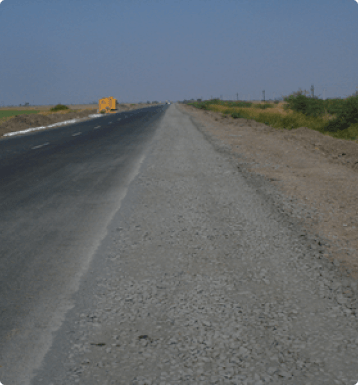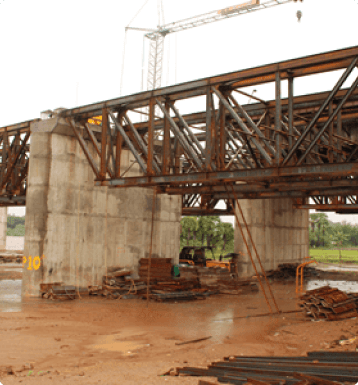Liquid Waste
Liquid waste management encompasses various processes to treat and dispose of wastewater generated from different sources. Sewage treatment involves the removal of contaminants through physical, chemical, and biological methods, producing treated effluent and sludge suitable for safe disposal or reuse. Water sewage treatment plants play a crucial role in this process, ensuring the removal of harmful substances before discharge. In the oil and gas industry, large quantities of water are produced alongside hydrocarbons, requiring efficient management through wastewater treatment plants to handle the mixture of impurities and water, safeguarding environmental and human health.
KEY PROJECTS
Work In Hand



Raipur STP 75, 35 & 90 MLD
• Project in brief – The Project for STP Raipur is based under the project of mission Clean Kharun River, an initiative by Raipur Municipal Corporation. The Funding for the project is under the Atal Mission for Rejuvenation and Urban Transformation (AMRUT) by the Chattisgarh Environment Conservation Board. Through this project, water from 7 nallas of the city will be trapped by KT weir at different locations and sewage water will be conveyed to telescopic RCC NP3 pipes interceptor sewer of Length 11420m (700mm to 1800mm Dia) and 350 mm DI pipe to 3 Sewage Treatment Plants of Capacity 75, 35 & 90 MLD each with SBR technology. The scope of work on these plants is EPC, testing, commissioning, trial run and 15 years of Operation & Maintenance.
5 MLD CETP, Butibori
- Project in brief – Butibori is an industrial suburb of Nagpur, India. Due to the saturation of the existing Butibori
Industrial Area, MIDC is developing a new Greenfield Additional Butibori Industrial Area, located 6 km
from the existing MIDC area and spread over a total area of 2.217ha.The Greenfield CETP for the area
has been proposed ahead of industrial development. MIDC has appointed SMS Limited for Design,
Build and Commissioning of 5 MLD CETP based on MBR technology through competitive bidding
process
PONDA ENVOCARE LIMITED
- Project in brief –Ponda Envocare Limited is located at Plot No. 5 & 5A, GIDC Pissurlem, Taluka. Satari Dist. North Goa, Goa. This CHWTSDF project has got all necessary CTOs from state pollution control board for Secured Lanfilling, Incineration and Pre – Processing of Hazardous waste followed by Co – Processing to Cement Kiln. The total area of the project is around 77574 Sqm.
KEY PROJECTS
Completed



CETP Buttibori, Amravati, Waluj, ETP Nada
• Project in brief -Common Effluent Treatment Plant is setup to treat the Effluent being generated by the Industries in the MIDC area of Butibori, Amravati & Waluj to meet the disposal norms as specified by the Maharashtra Pollution Control Board. Effluent Treatment Plant Nada is providing treated water to ONGC Plant.
www.smsbutiboricetp.co.in
www.smsamravaticetp.co.in
The Project for STP Raipur is based under the project of mission Clean Kharun River, an initiative by Raipur Municipal Corporation. The Funding for the project is under the Atal Mission for Rejuvenation and Urban Transformation (AMRUT) by the Chattisgarh Environment Conservation Board. The city of Raipur has been divided into 8 zones consisting of 18 nallas. Through this project, water from 7 nallas of the city will be trapped by KT weir at different locations and sewage water will be conveyed to telescopic RCC NP3 pipes interceptor sewer of Length 11420m (700mm to 1800mm Dia) and 350 mm DI pipe to 3 Sewage Treatment Plants of Capacity 75, 35 & 90 MLD each with SBR technology. The scope of work on these plants is EPC, testing, commissioning, trial run and 15 years of Operation & Maintenance.
The SMS Envocare has been awarded 130 MLD Sewage Treatment plant at Nagpur. The treated sewage water will be recycled in the cooling towers of the Maharashtra Electricity Generating Company Ltd. at Koradi near Nagpur (MAHA-GENCO). This is for the 1st time in India the treated sewage is reused by an electricity generating company. The sewage water is treated to the extent that dissolved phosphate is less than 5 ppm.
Our Clients
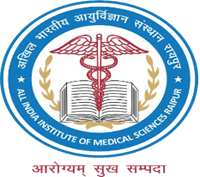
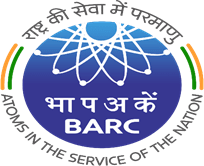
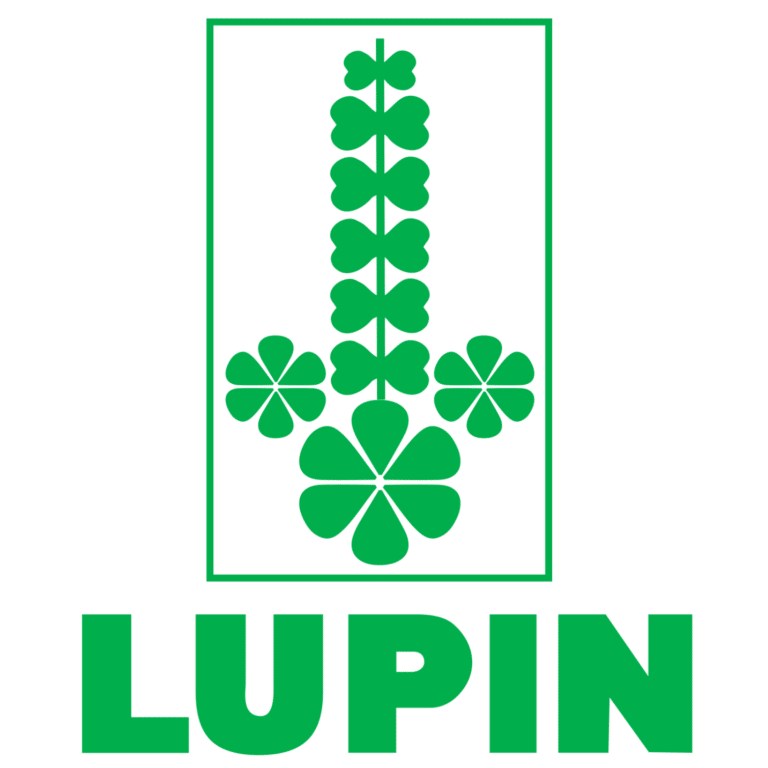


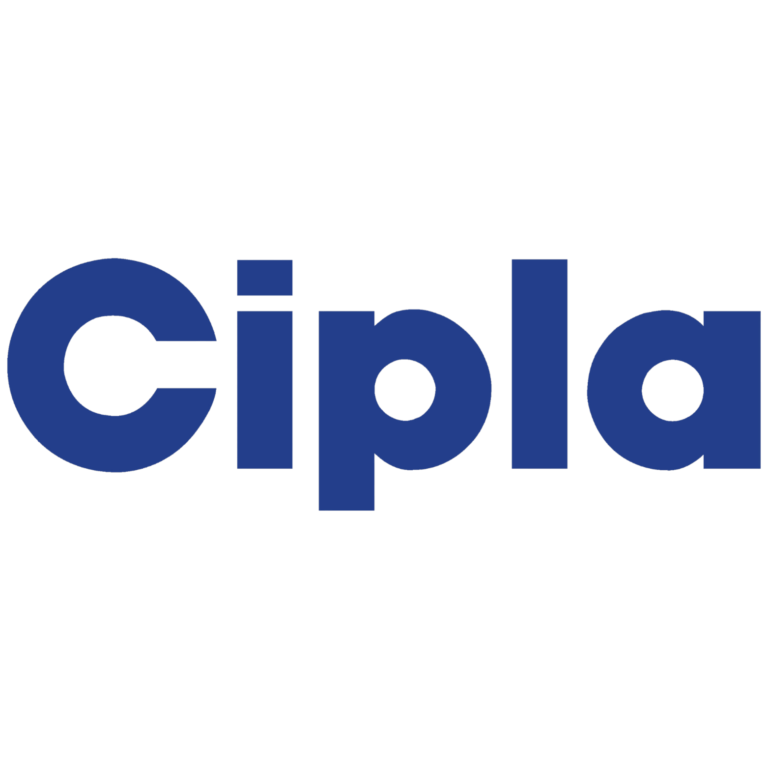



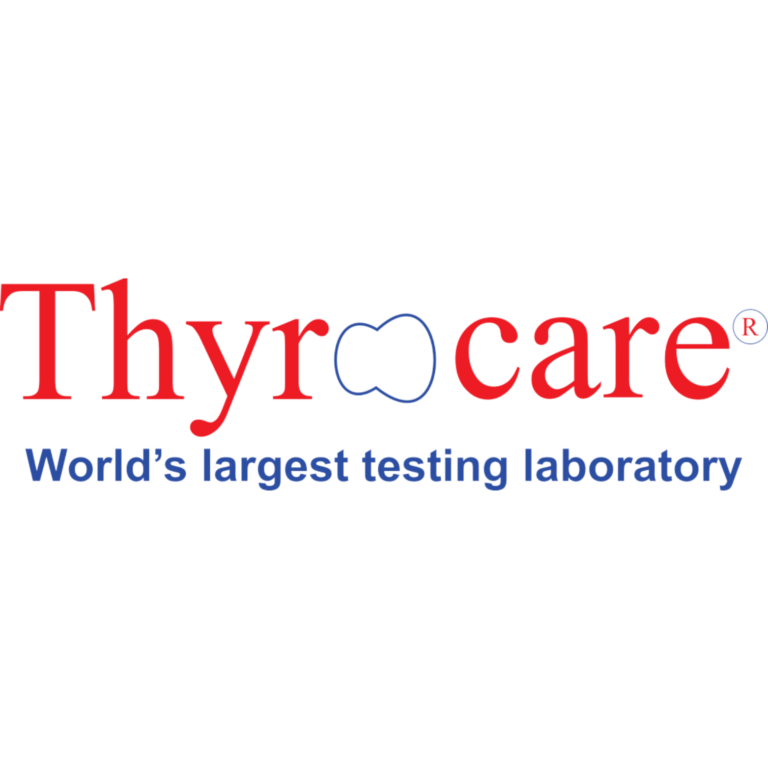
Gallery
